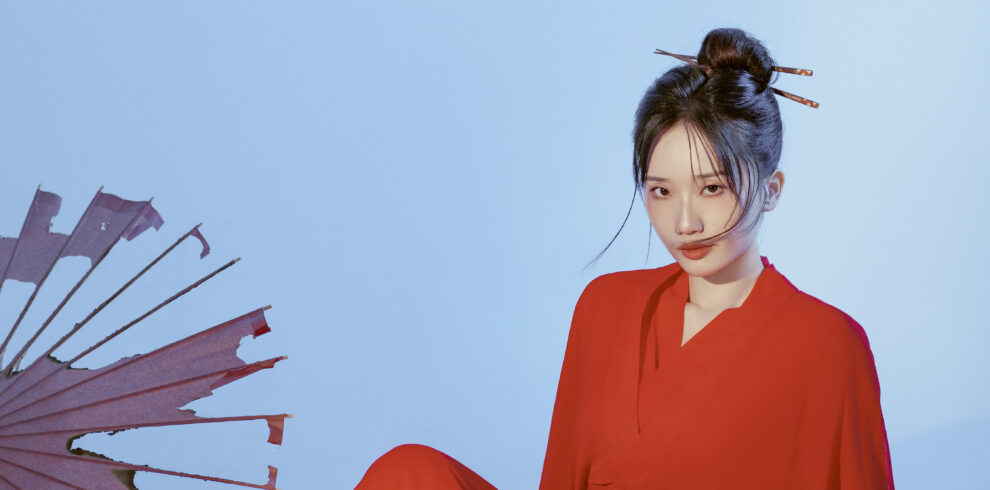Introduction
Chinese festivals are a vibrant reflection of the country’s rich cultural heritage, and food plays a central role in these celebrations. For tourists interested in experiencing the true essence of China, indulging in traditional dishes during these festivals is a must. This guide explores the unique foods associated with major Chinese festivals such as the Chinese New Year (春节), Lantern Festival (元宵), Dragon Boat Festival (端午), and Mid-Autumn Festival (中秋), and provides tips on how to enjoy them.
Chinese New Year (春节)
Significance and Traditions
Chinese New Year, also known as Spring Festival, is the most important festival in China. It marks the beginning of the lunar new year and we celebrate it with family reunions, fireworks, and elaborate meals. The festival is steeped in traditions, from cleaning the house to ward off bad luck to decorating with red lanterns and couplets to invite prosperity.

How to Enjoy Traditional Foods
- Dumplings (饺子): Symbolizing wealth and prosperity, dumplings are a staple during Chinese New Year. To fully enjoy dumplings, try making them with locals or join a dumpling-making class.
- Fish (鱼): The word for fish sounds like “surplus” in Chinese, symbolizing abundance. Enjoy fish served whole to represent unity and completeness, often at family banquets or in traditional restaurants.
- Nian Gao (年糕): This sticky rice cake represents growth and progress. Sample different varieties of Nian Gao at markets or during family meals.
Lantern Festival (元宵)
Celebration and Customs
The Lantern Festival marks the end of the Chinese New Year celebrations. It is celebrated on the 15th day of the first lunar month and is known for its beautiful lantern displays, dragon dances, and lion dances. Families gather to appreciate the full moon and enjoy festive foods.
How to Enjoy Traditional Foods
- Tangyuan (汤圆): These glutinous rice balls filled with sweet or savory fillings symbolize family unity and togetherness. Try them at street vendors or in traditional sweet shops.
- Yuanxiao (元宵): Similar to Tangyuan, these rice balls are different. Participate in local celebrations to taste authentic Yuanxiao.

Dragon Boat Festival (端午)
Origins and Traditions
The Dragon Boat Festival, held on the 5th day of the 5th lunar month, commemorates the poet Qu Yuan. The festival is celebrated with dragon boat races and the preparation of special foods. It is also known for its vibrant and competitive spirit.
How to Enjoy Traditional Foods: Zongzi (粽子)
These pyramid-shaped glutinous rice dumplings wrapped in bamboo leaves are filled with various ingredients such as red bean paste, dates, or meat. Visit local markets to try different flavors of Zongzi.


Mid-Autumn Festival (中秋)
Significance and Celebrations
The Mid-Autumn Festival, celebrated on the 15th day of the 8th lunar month, is a time for family reunions and moon-gazing. It is a harvest festival that emphasizes gratitude and togetherness. We use beautiful lantern displays and various traditional activities to mark the festical.
How to Enjoy Traditional Foods : Mooncakes (月饼):
These round pastries symbolize completeness and reunion. Explore different flavors at local bakeries or join a mooncake-making workshop.


Tips for Experiencing Chinese Festivals as a Tourist
- Plan Ahead: Check the lunar calendar to know the exact dates of the festivals.
- Join Local Celebrations: Participate in public events and activities such as dragon boat races and lantern exhibitions.
- Try Local Foods: Don’t miss out on tasting traditional foods associated with each festival. Visiting local markets and street vendors can offer an authentic culinary experience.
- Respect Local Customs: Understanding and respecting local customs and traditions enhances the experience and shows appreciation for the culture.
Conclusion
Experiencing Chinese festivals offers a deep dive into the country’s rich cultural tapestry, with food playing an integral role in the celebrations. Whether it’s savoring dumplings during the Chinese New Year or enjoying mooncakes under a full moon during the Mid-Autumn Festival, each dish tells a story of tradition and heritage. As a tourist, immersing yourself in these culinary traditions not only satisfies your taste buds but also provides a deeper connection to Chinese culture.
Choose your best holiday offer
Why Choose This Tour? Transformative Journey: A perfect blend of mindful retreat, cultural exploration, and spiritual rejuvenation. Exclusive Experience: Led…
Why Choose This Tour? Explore Xi'an most famous landmarks while embracing the elegance of traditional Chinese attire. This tour blends…
Why Choose This Tour? Explore Beijing’s most famous landmarks while embracing the elegance of traditional Chinese attire. This tour blends…
Experience the perfect blend of Chinese culture and spiritual serenity on this exclusive 3-day retreat to Wutai Mountain. Immerse yourself…
Why Choose This Tour? Exclusive Culinary Experience: Indulge in Yunnan’s famed “crossing-the-bridge rice noodles,” explore bustling food markets, and savor…












Wirklich ein toller Beitrag. Vielen Dank für die Infos!
Velmi zajímavý obsah, díky za tento příspěvek.
[…] Street Food […]
I’m curious to find out what blog platform you are working with? I’m having some small security issues with my latest website and I would like to find something more risk-free. Do you have any suggestions?
Nice Article